Oral & Dental
Not Brushing Your Baby’s Teeth? They Can Get Cavities Too!
3 min read
By Dr Sonia Bhatt, Dental Surgeon - 23 June 2022, Updated on - 18 October 2022
Share this article
0
0 like
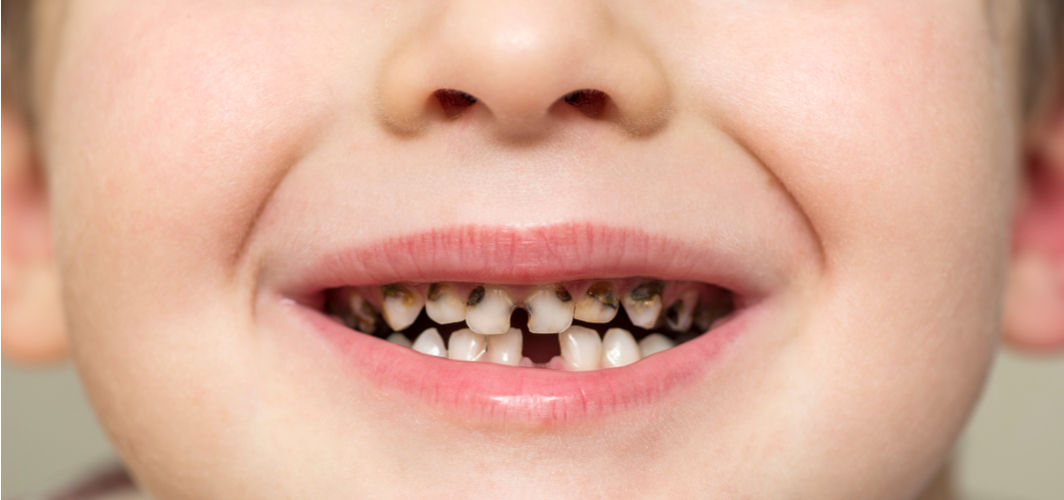
The mouth harbours millions of microorganisms, some of which can be harmful. While it is a known fact that these microbes can cause permanent damage to adult teeth, they also have the potential to completely damage the milk teeth of young bottle-fed babies. Confused? It has been noticed that babies who are bottle-fed with sugary milk are at high risk of experiencing such rampant tooth damage.
What are nursing bottle caries?
Also known as early childhood caries and baby bottle tooth decay caries, nursing bottle caries is a type of tooth decay that affects the milk teeth of young children in the age group of 1 to 2 years. It is usually seen in children who sleep while drinking milk from a feeding bottle. Infants who sleep while breastfeeding are also at high risk of developing such cavities. The sugar present in the milk stays in the mouth of the infant for long, allowing the bacteria (already present in the mouth) to form acid and decompose the tooth. Nursing bottle caries usually affect the upper front teeth while the lower teeth remain unaffected. Furthermore, prolonged breastfeeding can also cause narrowing of the face, giving the child a bird-like facial profile with the front teeth slanting out.
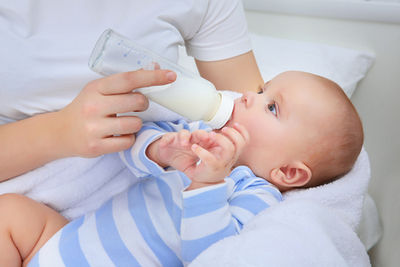
What are the signs of nursing bottle cavities?
The signs of nursing bottle cavities include:
- Chalky white spots on the outer surface of the teeth (early stages)
- Brown discolouration on the upper front teeth, while the lower teeth
- Destroyed crown of upper front teeth leaving brown root stumps (advanced stages)
If not treated, these damaged teeth can spread the infection to the roots resulting in pain and pus formation.
Recommended read: 7 Signs You Should Visit a Dentist
How to take care of an infant’s oral hygiene?
Ways to prevent nursing bottle caries include:
- One of the easiest yet most effective ways of preventing nursing bottles is restricting the use of feeding bottles during naptime. The bottle should not be filled with anything except water.
- Once the baby is fed, clean their mouth using a damp gauze pad. One can wrap a piece of gauze around their index finger and wipe the child’s gums, cheeks, the roof of the mouth (palate), and tongue. Mothers should also clean the mouth of their babies post breastfeeding.
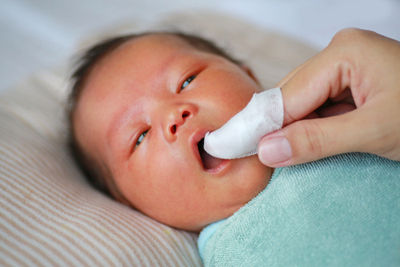
- Start weaning the baby once they attain the age of six months as the milk teeth start erupting by this time. Weaning is the process of introducing the baby to solid foods.
- Avoid coating pacifiers with sugary products such as honey and sugar. Encourage the baby to use cups or sippers once they are weaned.
- Once their teeth start erupting, encourage the babies to use soft baby toothbrushes (without toothpaste) to clean their teeth. This would not only remove the layer of plaque (a sticky layer of bacterial deposits) from the teeth but also massage the gums to facilitate the eruption of teeth.
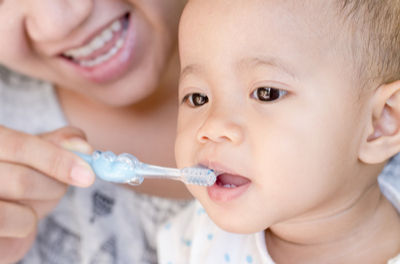
Recommended read: Oral Hygiene Day 2021: Importance Of Oral Hygiene And How To Maintain It
Many dental problems can be prevented if the baby’s oral hygiene is taken care of from the beginning. Parents or caregivers should avoid using bottles to feed the baby while sleeping or else clean their mouth soon after they finish the milk or juice.
Oral & Dental
Leave Comment
Recommended for you
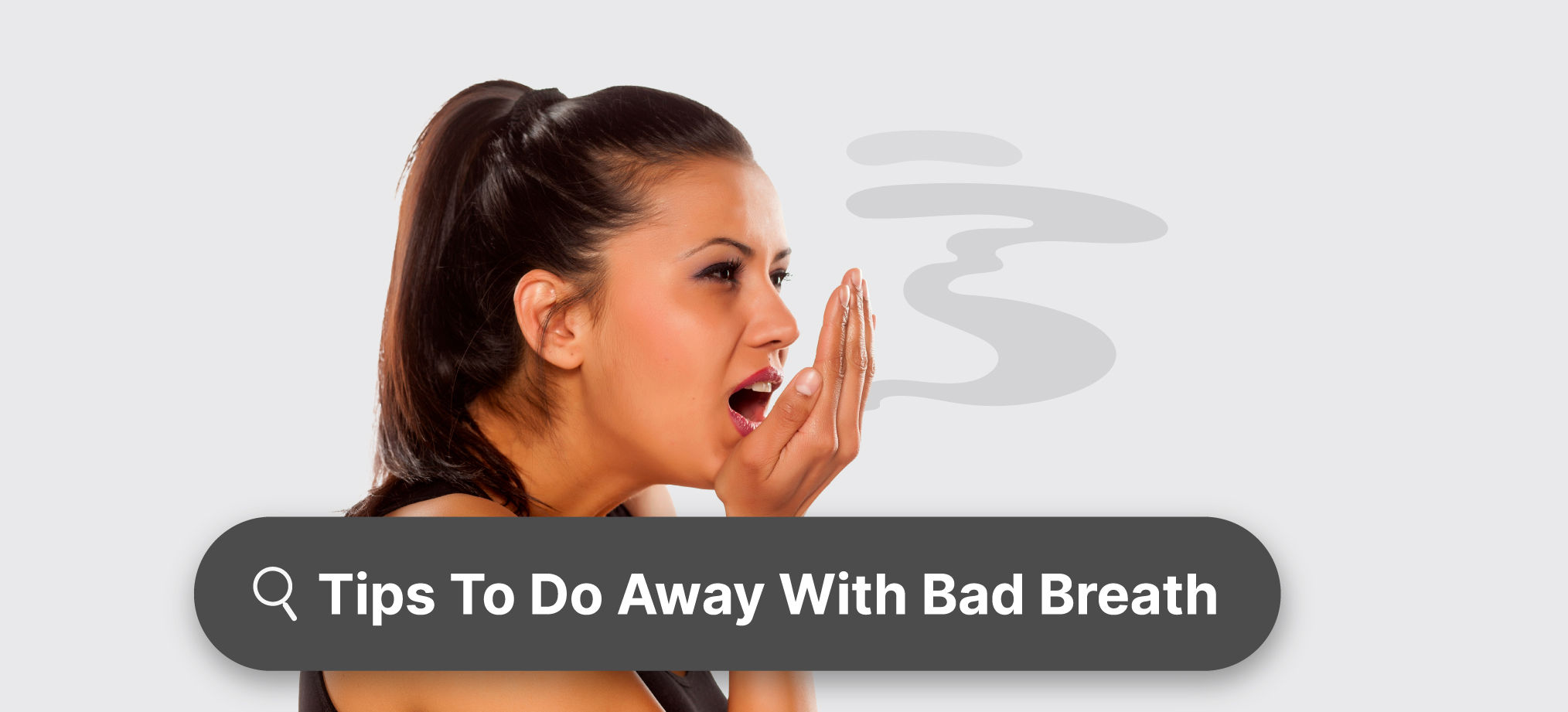
Oral & Dental
Can Bad Breath Be A Sign Of An Underlying Health Condition?
Read to know the reasons behind bad breath that go way beyond poor oral hygiene.
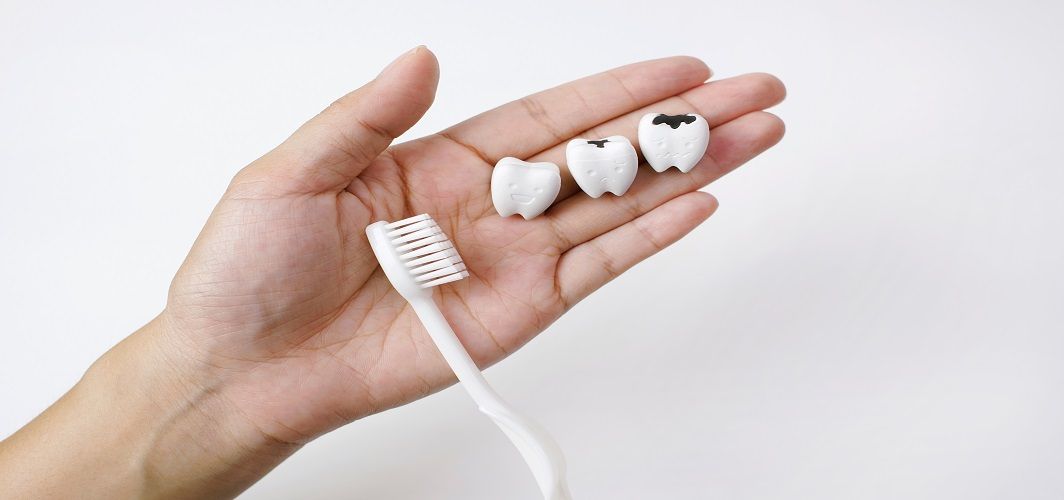
Oral & Dental
Tips to Prevent or Reverse Cavities
Dental caries, often known as cavities, are the early stages of dental decay that, if left untreated, can eventually lead to the formation of a hole in the tooth. They can be undone with simple restorative procedures like filling. Run down the blog to know how to prevent cavities.
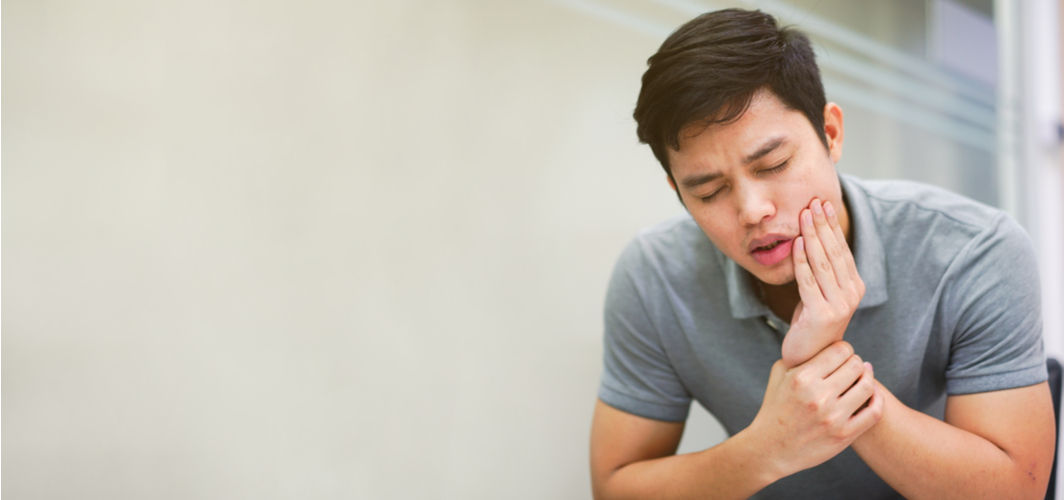
Oral & Dental
7 Signs You Should Visit a Dentist
Though dental treatments are often perceived as traumatic, they are necessary to maintain good oral health.
Subscribe
Sign up for our free Health Library Daily Newsletter
Get doctor-approved health tips, news, and more.
Recommended for you

Oral & Dental
Can Bad Breath Be A Sign Of An Underlying Health Condition?
Read to know the reasons behind bad breath that go way beyond poor oral hygiene.

Oral & Dental
Tips to Prevent or Reverse Cavities
Dental caries, often known as cavities, are the early stages of dental decay that, if left untreated, can eventually lead to the formation of a hole in the tooth. They can be undone with simple restorative procedures like filling. Run down the blog to know how to prevent cavities.

Oral & Dental
7 Signs You Should Visit a Dentist
Though dental treatments are often perceived as traumatic, they are necessary to maintain good oral health.